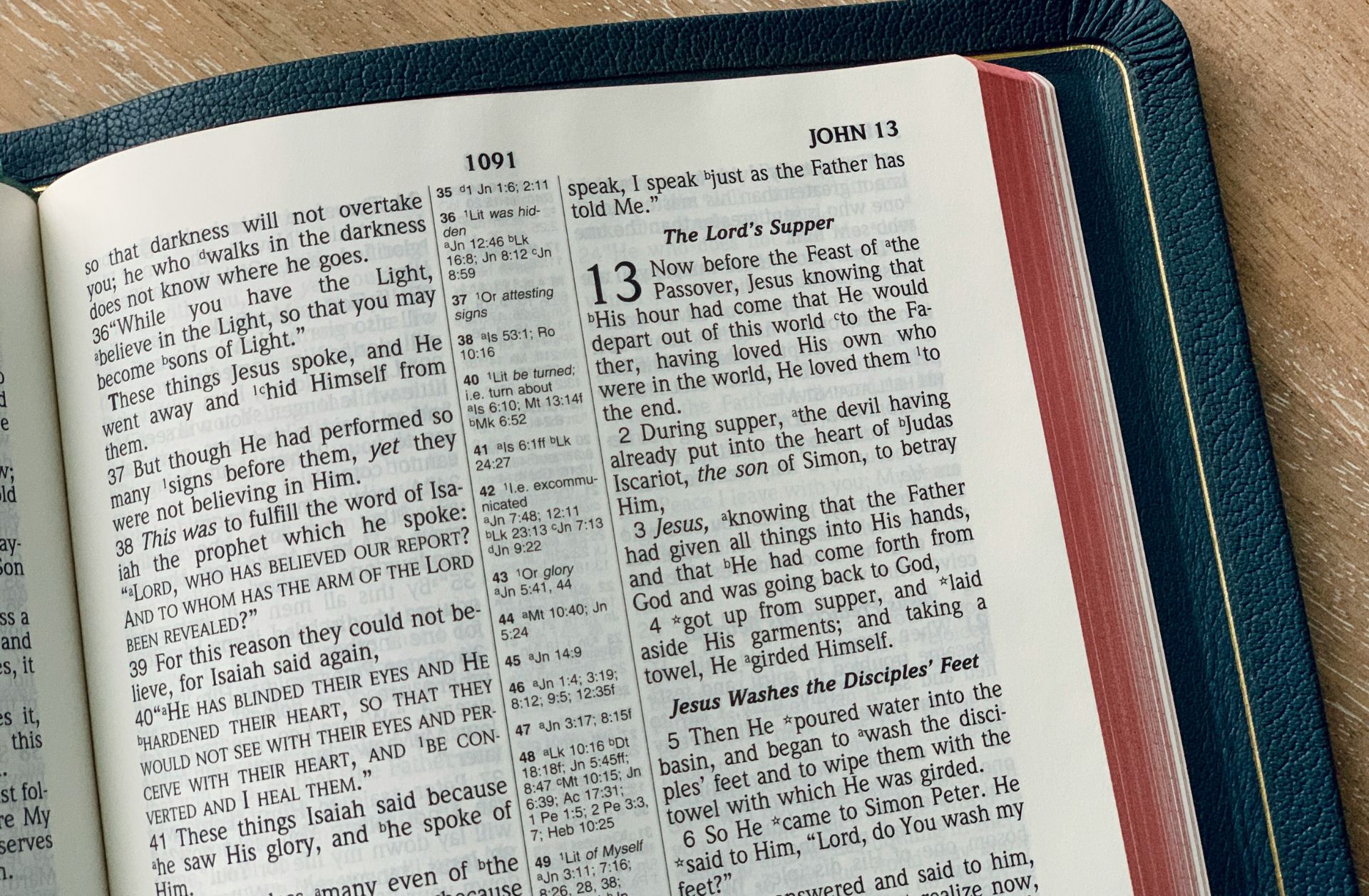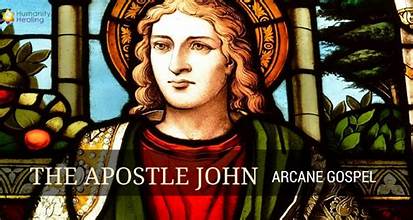Who is The Apostle Saint John

The Life and Gospel of the Apostle John – Profile, Biography, Author of the Gospel of John, the 3 Epistles and Revelation
Who is The Apostle Saint John. John the beloved disciple, also known as Saint John the Beloved and Saint John the Theologian, was a close and intimate follower of Jesus, playing a key role in the early church. His writings – marked by deep theological reflection – provide insight into the divine nature of Jesus, the centrality of love in the Christian life, and the hope of eternal life. His Gospel, Epistles, and the Book of Revelation stand as a testament to his spiritual wisdom and his profound understanding of the mysteries of Christ.
John, the Apostle, is one of the central figures in the New Testament and one of the twelve disciples of Jesus Christ. Traditionally recognized as the author of the Gospel of John, three Epistles (1 John, 2 John, 3 John), and the Book of Revelation, John has had a profound impact on Christian theology, particularly concerning the identity of Jesus Christ and the nature of His relationship with God the Father.
Who is The Apostle Saint John
Background and Early Life
Given the name John by his parents Zebedee and mother Salome, John was a fisherman before becoming a disciple, along with his brother James.
Role as a Disciple
John, alongside his brother James and Peter, was part of Jesus’ inner circle, which means he was present at many key events during Jesus’ ministry. John witnessed:
- The Transfiguration of Jesus (Matthew 17:1-9)
- The Raising of Jairus’ Daughter (Mark 5:37)
- Jesus’ Agony in Gethsemane (Mark 14:33-34)
John was the only one of the Twelve who is said to have followed Jesus to the foot of the cross. While the other disciples scattered, John remained close and was entrusted with the care of Mary, the mother of Jesus (John 19:26-27). This shows Jesus’ particular affection for John, who is also often referred to as “the disciple whom Jesus loved” (John 13:23, 19:26, 21:7).

The Gospel of John
The Gospel of John is distinct from the Synoptic Gospels (Matthew, Mark, and Luke) in its theological depth, focusing less on the chronological events of Jesus’ life and more on His divine nature and mission. Key themes in the Gospel include:

- The Divinity of Christ: The Gospel opens with a profound theological statement, “In the beginning was the Word, and the Word was with God, and the Word was God” (John 1:1). John presents Jesus not just as a teacher or prophet but as the eternal Word of God made flesh.
- Jesus as the Son of God: John emphasizes the unique sonship of Jesus, depicting Him as one with the Father, sent to reveal God’s love to the world (John 3:16).
- Signs and Miracles: Instead of focusing on numerous miracles, John presents seven significant “signs” that reveal Jesus’ divine authority (e.g., turning water into wine, raising Lazarus from the dead).
- The Role of the Holy Spirit: John highlights the promise of the Holy Spirit as the “Helper” or “Advocate” (John 14:16, 26).
- The “I Am” Statements: John includes a series of statements where Jesus identifies Himself with metaphors like “I am the Bread of Life,” “I am the Light of the World,” “I am the Good Shepherd,” and “I am the Way, the Truth, and the Life.”
The Gospel of John is deeply theological, focusing on Jesus’ identity, the meaning of faith, and eternal life. It portrays a more reflective and meditative approach to Jesus’ mission, filled with dialogues, personal encounters, and philosophical depth.

Other Writings (Epistles and Revelation)
The Three Epistles: These letters reflect John’s deep concern for the well-being of the early Christian communities. They emphasize the importance of love, truth, and obedience to God’s commandments, especially in countering false teachings and heresies.
- 1 John focuses on walking in the light of Christ, living out love, and maintaining fellowship with God.
- 2 John is a brief letter warning about false teachers.
- 3 John is a personal letter addressed to Gaius, encouraging him in his faith and addressing issues within the church.
The Book of Revelation: Traditionally attributed to John during his exile on the island of Patmos, Revelation is a highly symbolic and apocalyptic vision of the end times, the final defeat of evil, and the ultimate triumph of Christ. John describes visions of heaven, cosmic battles, the return of Jesus, and the establishment of a new heaven and a new earth.

Later Life and Legacy

John is believed to have lived a long life, possibly the only one of the apostles to die a natural death. Church tradition holds that John spent his later years in Ephesus, overseeing the Christian community there and writing his Gospel and letters. According to early sources like Polycarp, who was a disciple of John, he continued to preach and lead well into old age.
Though not martyred like his fellow apostles, John endured persecution. His exile to Patmos under the Roman Emperor Domitian is traditionally seen as the context for writing the Book of Revelation. John’s influence in shaping early Christian theology, particularly in emphasizing Jesus’ divinity, the nature of love, and eternal life, has had a lasting effect on Christian thought.
Author of The Gospel of John, the Three Epistles, and Revelation
Symbolism and Iconography
In Christian art, John is often symbolized by an eagle, representing the heights of theological insight in his writings. He is also depicted as youthful and gentle, sometimes shown reclining next to Jesus during the Last Supper.
Key Contributions to Christian Thought
- High Christology: John’s Gospel presents the most explicit portrayal of Jesus as God.
- Love as Central to Christian Life: John’s writings are often called “the Gospel of Love” due to the emphasis on love as the central commandment for believers.
- Eschatology: Through his visionary Revelation, John provides a profound eschatological view of the final triumph of good over evil and the eternal reign of Christ.
You must be logged in to post a comment.